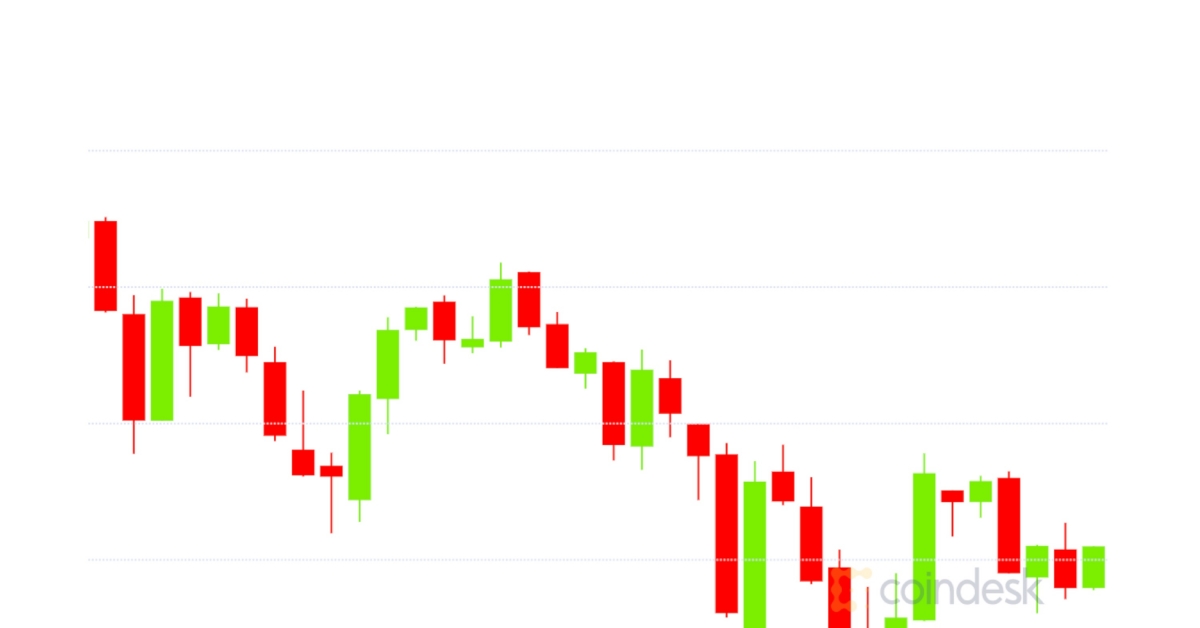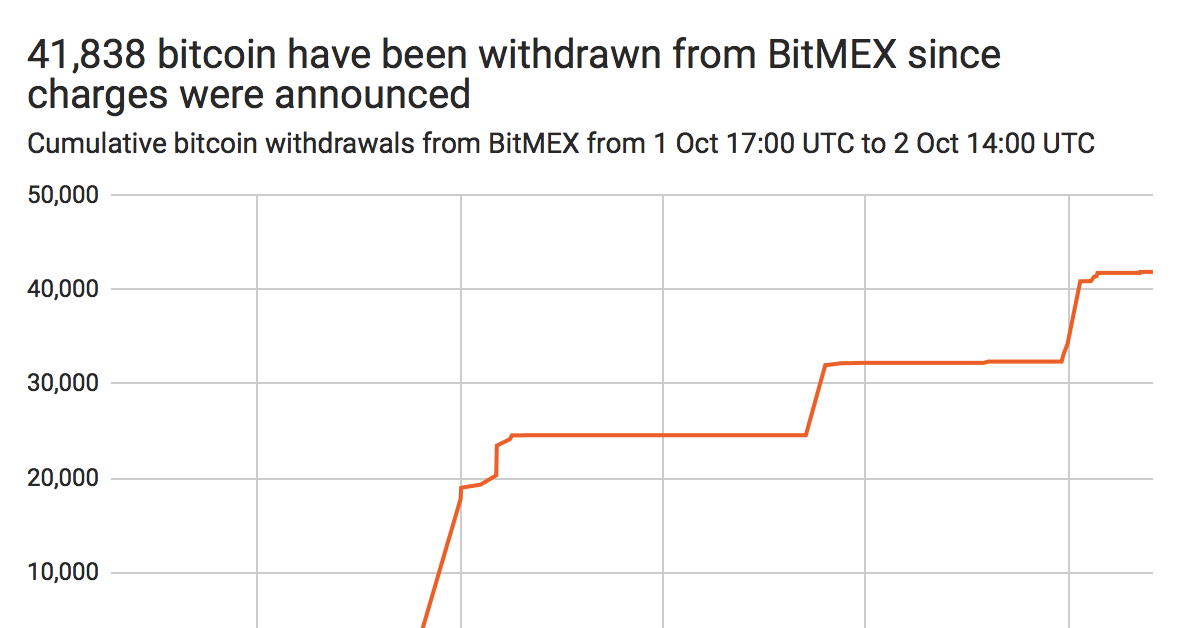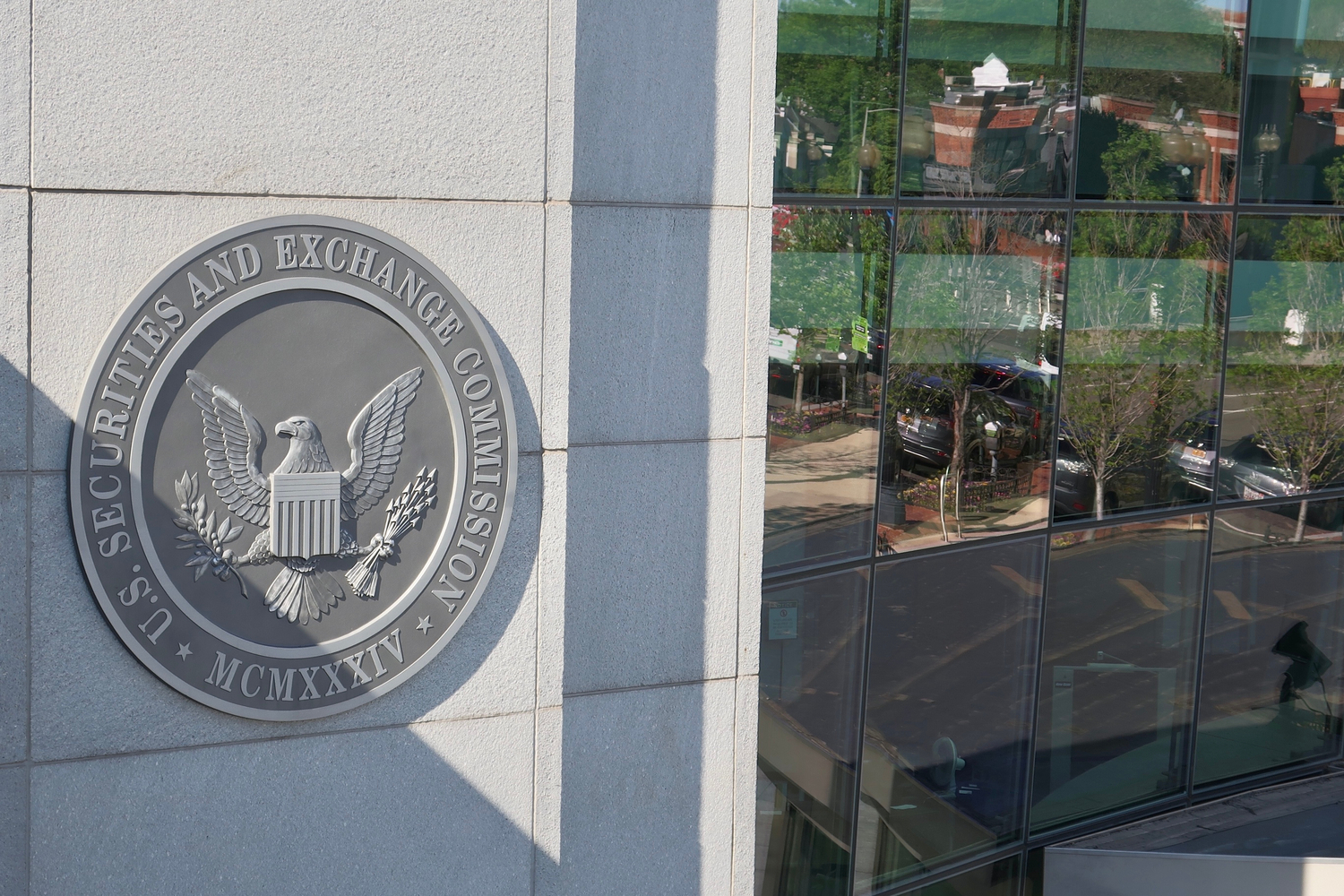FATF Did Not Require Pakistan to Ban Crypto to Stay Off Its ‘Grey List’
The Financial Action Task Force (FATF) does “not require countries to indiscriminately ban virtual assets and virtual asset service providers,” it told CoinDesk in an email after Pakistan’s finance minister reportedly said the global money laundering watchdog had set such a condition for the South Asian nation.
On May 17, one local news outlet reported that the country’s Minister of State for Finance and Revenue Aisha Ghaus Pasha had said the FATF set a condition that cryptocurrency cannot be legalized in Pakistan to keep the nation off its “grey list” of nations under increased monitoring. Another report said Pakistan’s anti-crypto stance is because it goes against the conditions set by the FATF.
Pasha told the country’s Senate Standing Committee on Finance that cryptocurrencies will “never be legalized in Pakistan,” local media reported on Wednesday.
The FATF’s “grey list” is seen as a reprimand to address strategic deficiencies in regimes to counter money laundering and terrorist financing.
The statement by Pakistan’s Pasha was seen as a fresh ban on crypto by Pakistan’s government, even as the nation’s economy is reeling, partly due to a volatile political situation. Pasha also reportedly told authorities to initiate work on banning cryptocurrencies.
In January 2022, the nation’s central bank declared it planned to ban crypto, its first clear position on the new financial technology, CoinDesk reported.
The FATF said it requires countries to understand money laundering and terrorist financing risks the crypto sector faces, and issue licenses or register exchanges to supervise the sector in the same way it supervises other financial institutions.
The FATF requires virtual asset service providers to implement the same preventive measures as financial institutions, including customer due diligence, record keeping and reporting of suspicious transactions, and adhere to its travel rule – which requires crypto service providers to collect and share information on transactions above a certain threshold.
The FATF declined to directly respond to statements made by Pasha, but said that “countries are permitted, but not required, to prohibit virtual assets and virtual asset service providers.”
CoinDesk has reached out to the offices of Pakistan’s finance ministry and the Ministry of Foreign Affairs for comment.
Edited by Sandali Handagama.









